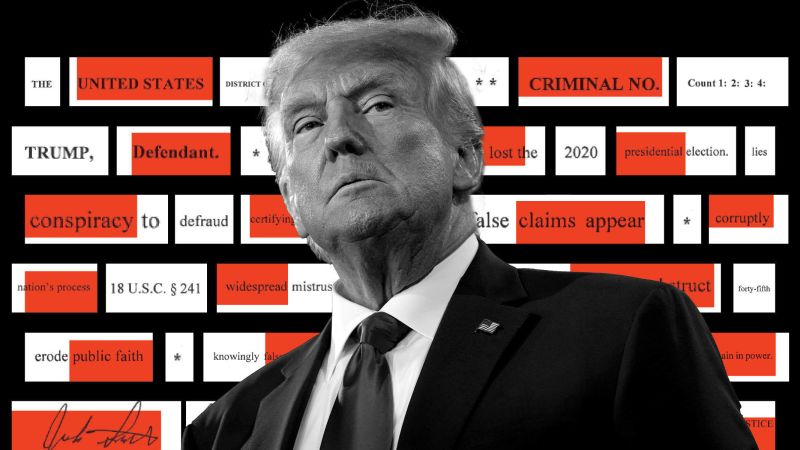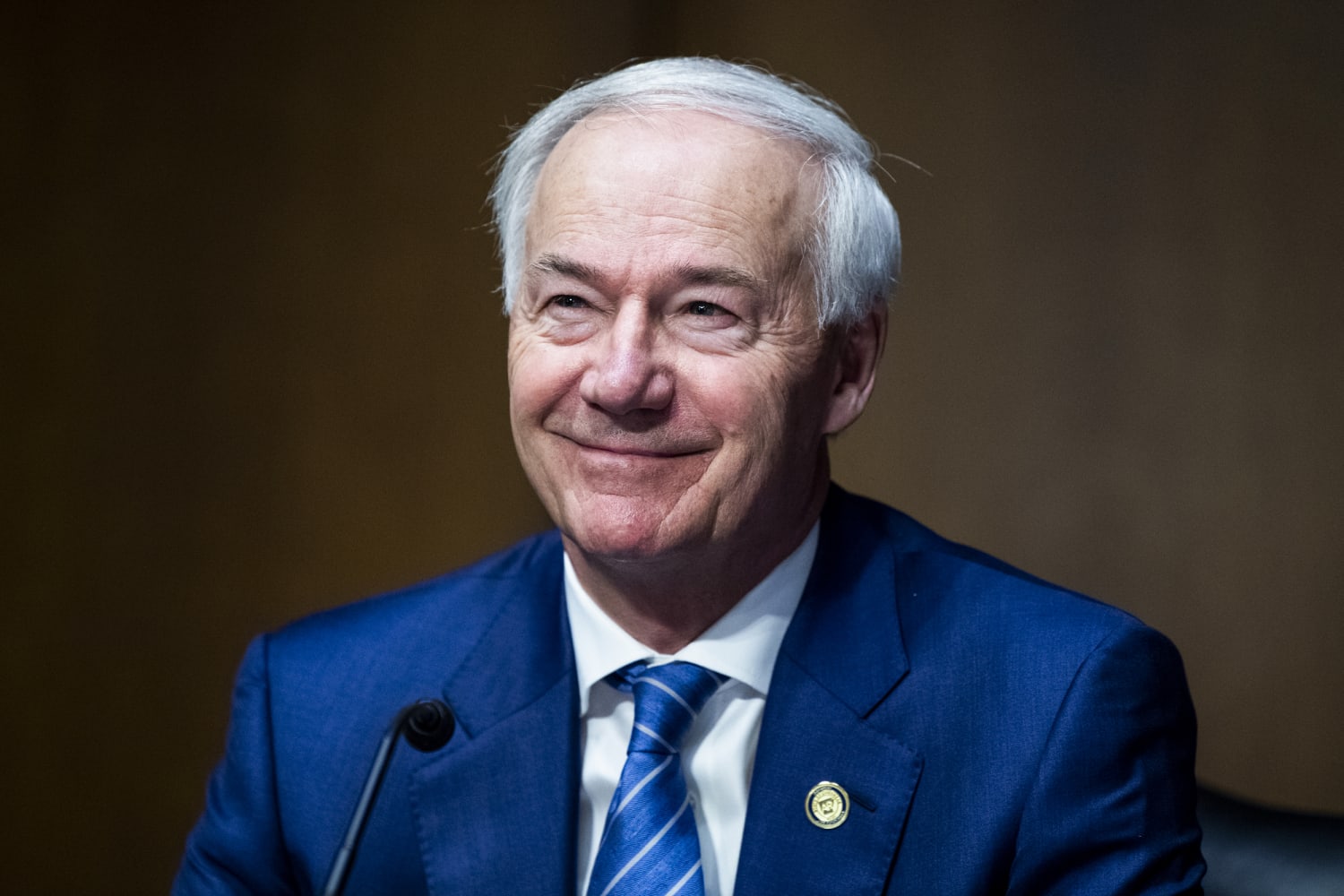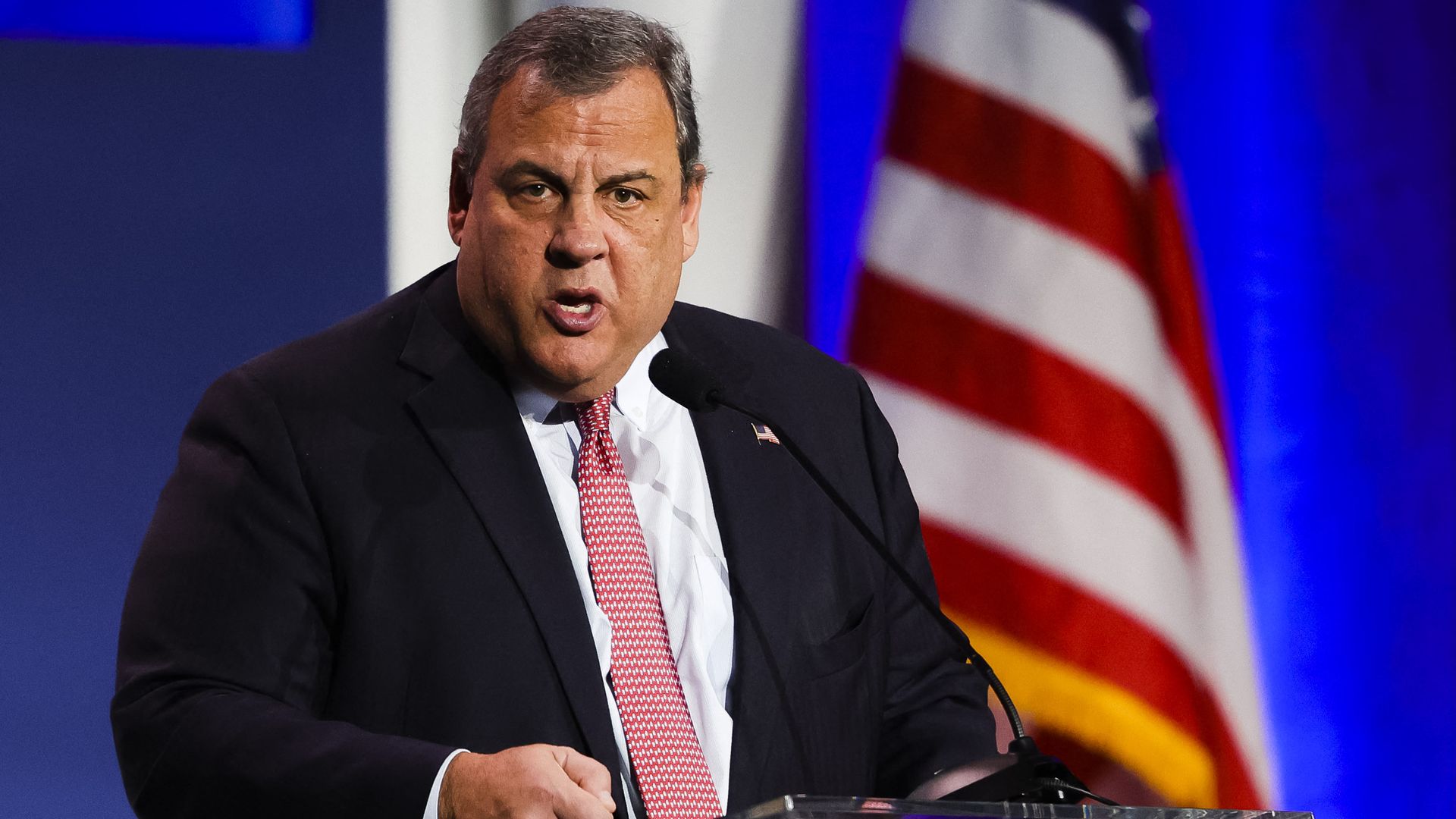
Dear Commons Community,
Today is August 1st and the first Republican presidential debate of the 2024 campaign among presidential candidates is scheduled for August 23rd. Seven candidates say they have met the qualifications for a spot on the debate stage to be held in Milwaukee
But that also means that about half the GOP field is running short on time to make the cut.
To qualify for the Aug. 23 debate, candidates needed to satisfy polling and donor requirements set by the Republican National Committee: at least 1% in three high-quality national polls or a mix of national and early-state polls, between July 1 and Aug. 21, and a minimum of 40,000 donors, with 200 in 20 or more states.
Below is a look at who’s in, who’s (maybe) out and who’s still working on making it, courtesy of the Associated Press.
Tony
————————————————————
WHO’S QUALIFIED
DONALD TRUMP
The current front-runner long ago satisfied the polling and donor thresholds. But he is considering boycotting and holding a competing event.
Campaign advisers have said the former president has not made a final decision about the debate. One noted that “it’s pretty clear,” based on Trump’s public and private statements, that he is unlikely to appear with the other candidates.
“If you’re leading by a lot, what’s the purpose of doing it?” Trump asked on Newsmax.
In the meantime, aides have discussed potential alternative programming if Trump opts for a rival event. One option Trump has floated is an interview with former Fox News host Tucker Carlson, who now has a program on X, the site formerly known as Twitter.
RON DESANTIS
The Florida governor has long been seen as Trump’s top rival, finishing a distant second to him in a series of polls in early-voting states, as well as national polls, and raising an impressive amount of money.
But DeSantis’ campaign has struggled in recent weeks to live up to the sky-high expectations that awaited him when he entered the race. He let go of more than one-third of his staff as federal filings showed his campaign was burning through cash at an unsustainable rate.
If Trump is absent, DeSantis may be the top target on stage at the debate.
TIM SCOTT
The South Carolina senator has been looking for a breakout moment. The first debate could be his chance.
A prolific fundraiser, Scott enters the summer with $21 million cash on hand.
In one debate-approved poll in Iowa, Scott joined Trump and DeSantis in reaching double digits. The senator has focused much of his campaign resources on the leadoff GOP voting state, which is dominated by white evangelical voters.
NIKKI HALEY
She has blitzed early-voting states with campaign events, walking crowds through her electoral successes ousting a longtime incumbent South Carolina lawmaker, then becoming the state’s first woman and first minority governor. Also serving as Trump’s U.N. ambassador for about two years, Haley frequently cites her international experience, arguing about the threat China poses to the United States.
The only woman in the GOP race, Haley has said transgender students competing in sports is “the women’s issue of our time” and has drawn praise from a leading anti-abortion group, which called her “uniquely gifted at communicating from a pro-life woman’s perspective.”
Bringing in $15.6 million since the start of her campaign, Haley’s campaign says she has “well over 40,000 unique donors” and has satisfied the debate polling requirements.
VIVEK RAMASWAMY
The biotech entrepreneur and author of “Woke, Inc.: Inside Corporate America’s Social Justice Scam” is an audience favorite at multicandidate events and has polled well despite not being nationally known when he entered the race.
Ramaswamy’s campaign says he met the donor threshold earlier this year. He recently rolled out “Vivek’s Kitchen Cabinet” to boost his donor numbers even more, by letting fundraisers keep 10% of what they bring in for his campaign.
CHRIS CHRISTIE
The former New Jersey governor opened his campaign by portraying himself as the only candidate ready to take on Trump. Christie called on the former president to “show up at the debates and defend his record.”
Christie will be on that stage, even if Trump isn’t, telling CNN this month that he surpassed “40,000 unique donors in just 35 days.” He also has met the polling requirements.
DOUG BURGUM
Burgum, a wealthy former software entrepreneur now in his second term as North Dakota’s governor, has been using his fortune to boost his campaign.
He announced a program this month to give away $20 gift cards — “Biden Relief Cards,” as a critique of President Joe Biden’s handling of the economy — to as many as 50,000 people in exchange for $1 donations. Critics have questioned whether the offer violated campaign finance law.
Within about a week of launching that effort, Burgum announced he had surpassed the donor threshold. Ad blitzes in the early-voting states also helped him meet the polling requirements.
WHO HASN’T QUALIFIED:
MIKE PENCE
Trump’s vice president has met the polling threshold but has yet to amass a sufficient number of donors, raising the possibility that he might not qualify for the party’s first debate.
Pence and his advisers have expressed confidence he will do so, noting that most other Republican hopefuls took a month or two of being active candidates to meet the mark. Pence entered the race on June 7, the same day as Burgum and one day after Christie.
“We’re making incredible progress toward that goal. We’re not there yet,” Pence told CNN in a recent interview. “We will make it. I will see you at that debate stage.”
ASA HUTCHINSON
According to his campaign, the former two-term Arkansas governor has met the polling requirements but is working on satisfying the donor threshold. As of Wednesday, Hutchinson marked more than 11,000 unique donors.
Hutchinson is running in the mold of an old-school Republican and has differentiated himself from many of his GOP rivals in his willingness to criticize Trump. He has posted pleas on Twitter for $1 donations to help secure his slot.
FRANCIS SUAREZ
The Miami mayor has been one of the more creative candidates in his efforts to boost his donor numbers. He offered up a chance to see Argentine soccer legend Lionel Messi’s debut as a player for Inter Miami, saying donors who gave $1 would be entered in a chance to get front-row tickets.
Still shy of the donor threshold, he took a page from Burgum’s playbook by offering a $20 “Bidenomics Relief Card” in return for $1 donations. A super political action committee supporting Suarez launched a sweepstakes for a chance at up to $15,000 in tuition, in exchange for a $1 donation to Suarez’s campaign.
Suarez’s campaign did not return a message seeking details on his number of donors or qualifying polls.
LARRY ELDER
The conservative radio host wrote in an op-ed that the RNC “has rigged the rules of the game by instituting a set of criteria that is so onerous and poorly designed that only establishment-backed and billionaire candidates are guaranteed to be on stage.”
His campaign last week declined to detail its number of donors, saying only that there had been “a strong increase the last few weeks.” He has not met the polling requirements.
PERRY JOHNSON
Johnson, a wealthy but largely unknown businessman from Michigan, said in a recent social media post that he had notched 23,000 donors and was “confident” he would make the debate stage. He added that all donors were “eligible to attend my free concert in Iowa featuring” country duo Big & Rich next month.
Johnson, who has reached 1% in one qualifying poll, has also offered to give copies of his book “Two Cents to Save America” to anyone who donated to his campaign.
WILL HURD
The former Texas congressman — the last candidate to enter the race, on June 22 — has said repeatedly that he would not pledge to support the eventual GOP nominee, a stance that would keep him off the stage even if he had the qualifying donor and polling numbers.




 Dear Commons Community,
Dear Commons Community,







